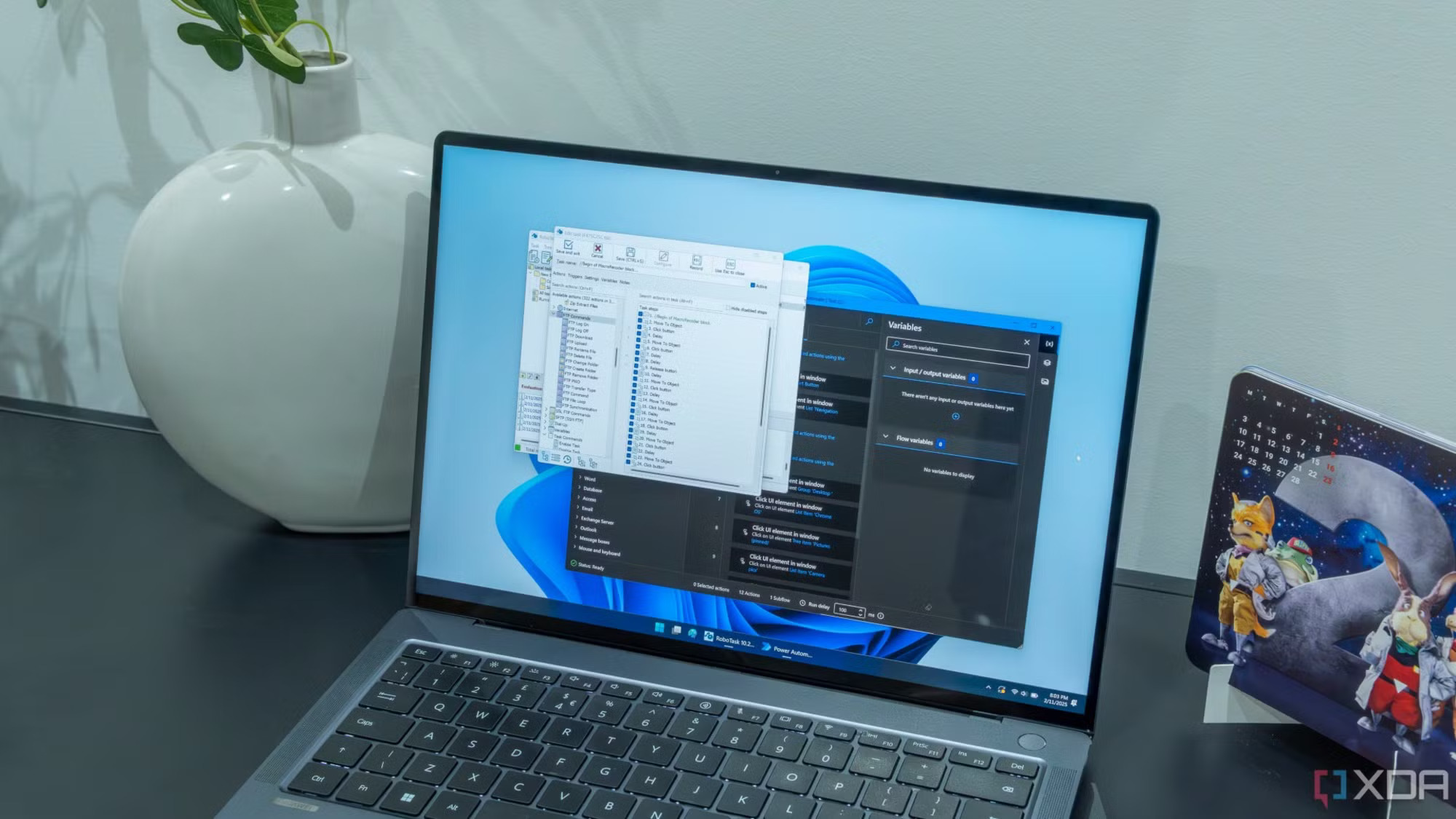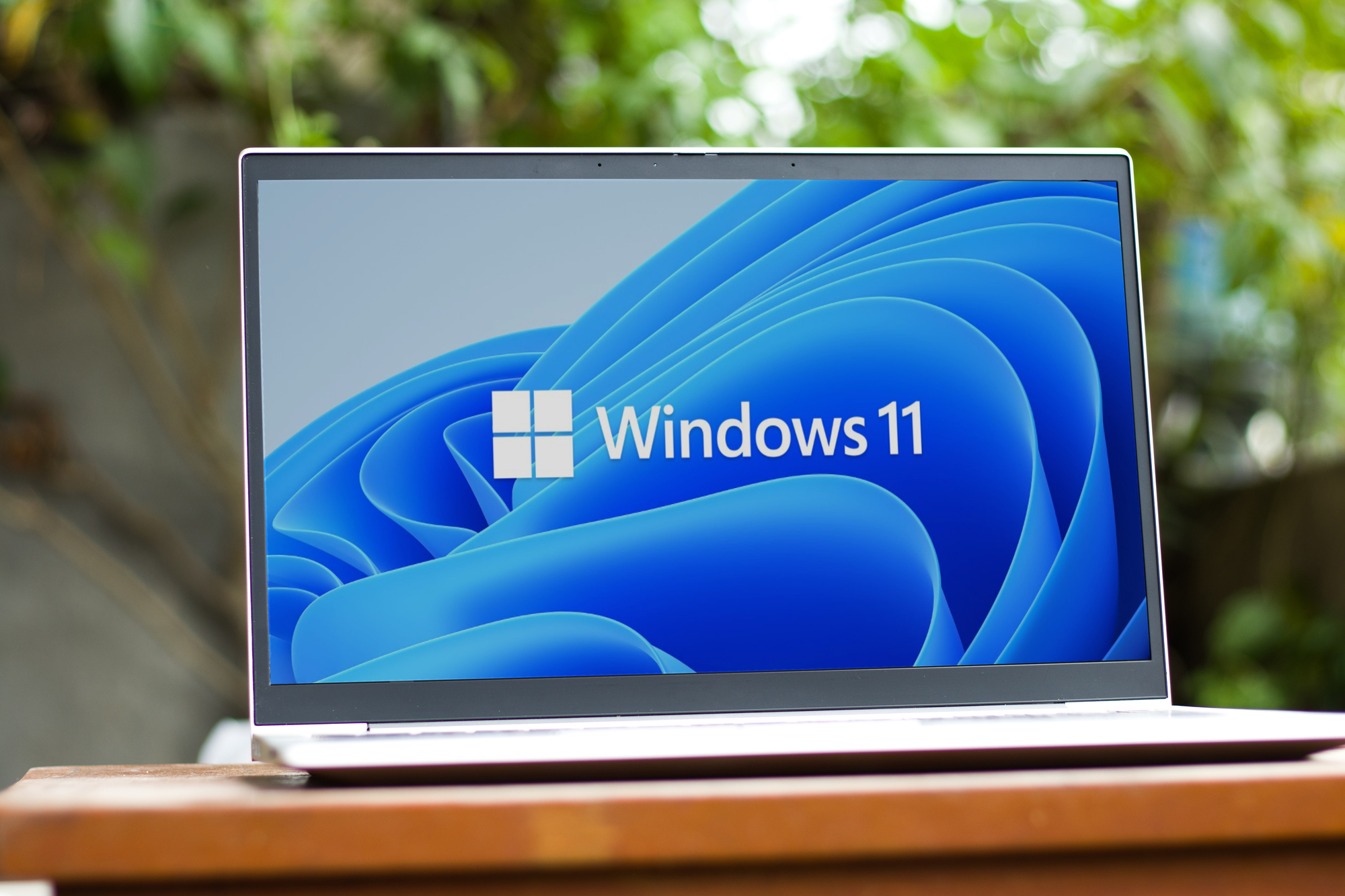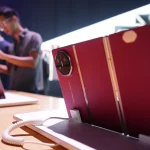In a surprising move with the release of Windows 11 24H2, Microsoft has dropped support for older Intel processors, specifically the 8th, 9th, and 10th generations. These include Intel’s “Coffee Lake” (8th and 9th gen) and “Comet Lake” (10th gen) processors.
Despite still meeting Windows 11’s minimum system requirements, these processors have been removed from Microsoft’s list of officially supported CPUs. Neowin was the first to report this change, which could have significant implications for OEMs and system builders.
Microsoft Excludes Older Intel CPUs from 24H2, Focusing on Modern Hardware for OEMs
Even though these older Intel CPUs still meet the minimum hardware requirements for Windows 11, Microsoft has decided to exclude them from the supported list for Windows 11 24H2. According to the company, processors that are listed are those that meet the design principles for security, reliability, and the overall system requirements of the operating system.
While future generations of processors that adhere to these principles will be supported, Microsoft’s list won’t always reflect the latest models, as updates are made periodically.

The primary consequence of this decision affects Original Equipment Manufacturers (OEMs). Microsoft’s policy now prohibits OEMs from using these older Intel CPUs in new Windows 11 devices. Instead, OEMs must focus on using newer processors that align with the Windows Hardware Compatibility Program. This restriction ensures that newly purchased Windows 11 systems will have modern hardware, which aligns with Microsoft’s desire to enhance security and reliability in new devices.
No Impact on Existing Systems or DIY Builders with Older Intel CPUs for Windows 11
For those who have existing systems with older Intel processors or those who build their own PCs, the situation is much less restrictive. Microsoft’s updated support list does not block users from installing or updating to Windows 11 on PCs with older CPUs.
As long as a CPU meets the hardware requirements for Windows 11, users can continue to run the latest version of the operating system, including the 24H2 update, without issue. This means DIY builders and users with older PCs are not affected by this change.
This move by Microsoft seems focused on ensuring that new Windows 11 devices are built with the latest and most secure hardware. By restricting OEMs to newer processors, Microsoft aims to provide users with more reliable and secure systems, ultimately enhancing the overall Windows 11 experience.
For those already using older Intel CPUs or building their own systems, there’s no need to worry, as these users will still have access to the latest updates. This policy change reflects Microsoft’s long-term focus on security and modern hardware for the future of Windows 11.



